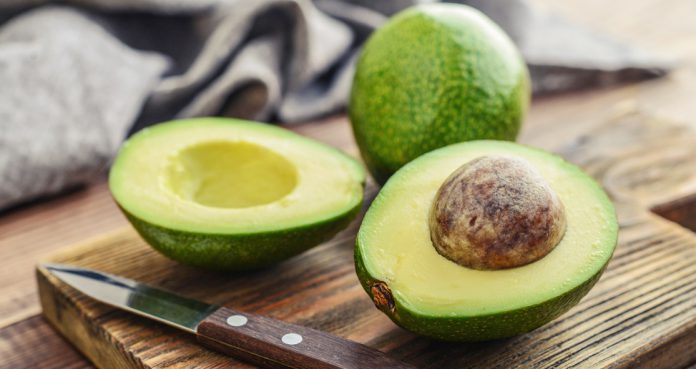A new study conducted by the researchers of the University of Guelph, Canada, has found that eating avocados could help prevent and delay diabetes.
The study was published in the journal of Molecular Nutrition and Food Research.
Lead study author and associate professor Paul Spagnuolo from the University of Guelph has shown that how a compound called avocation B (AvoB) found only in avocados can suppress cellular processes, including insulin resistance, which normally cause diabetes.
In diabetic patients, insulin resistance means their bodies are unable to remove glucose (sugar) from the blood, leading to complications. It can occur when mitochondria, the energy powerhouse of the cell, is not able to burn fatty acids.
Typically, the body burns fat through fatty acid oxidation, which is affected by obesity or diabetes, causing incomplete oxidation.
The researchers found that AvoB counters incomplete oxidation in muscles and helps the pancreas to lower insulin resistance.
The investigators fed high-fat diets to mice for at least eight weeks, inducing obesity and insulin resistance. And then they added AvoB to the high-fat diets of nearly half of the mice. The mice that were given AvoB weighed significantly less.
More importantly, the researchers found the mice that were given AvoB had greater insulin sensitivity, which means their bodies absorbed and metabolized blood glucose, improving their insulin response.
In human trials with AvoB supplementation, the researchers found that AvoB can be absorbed into the blood without any adverse effects on the liver, kidney, or muscle. The researchers also saw weight reduction in humans; however, Spagnuolo said the findings were not statistically significant.
Since AvoB has been found safe in humans, the researchers are planning to conduct clinical studies to test the compound’s efficacy in treating other metabolic conditions in people. Spagnuolo said, “The safety trial helped the team to determine just how much AvoB to include in the supplement formulation.”























